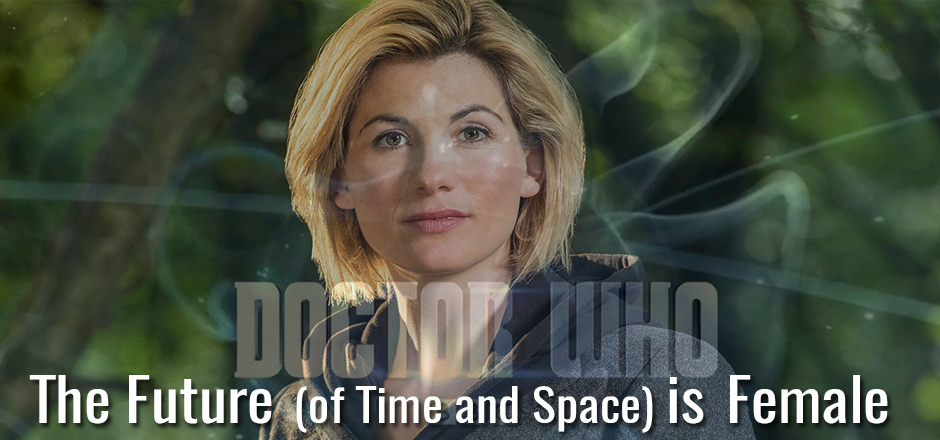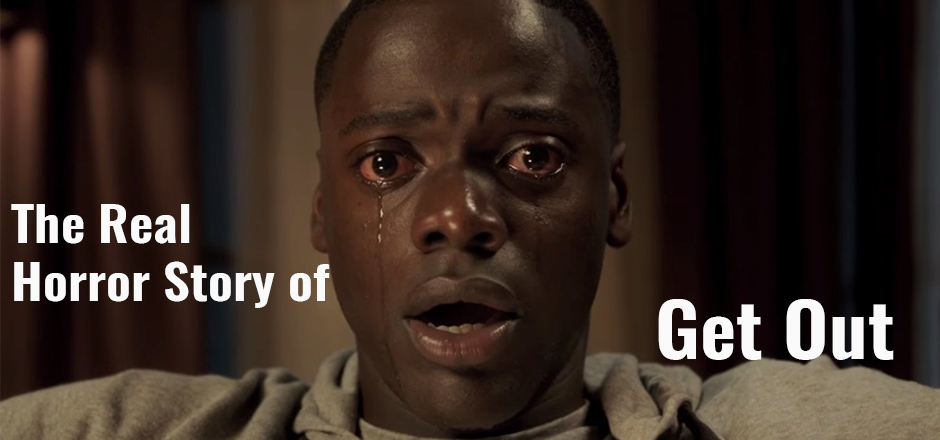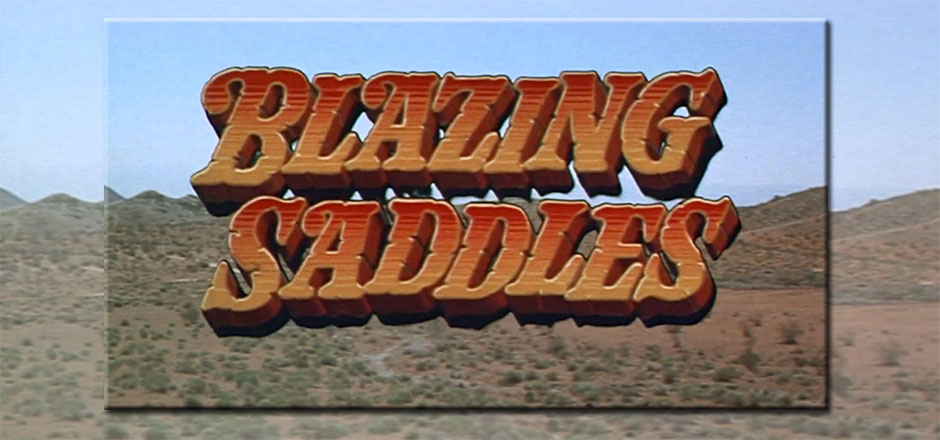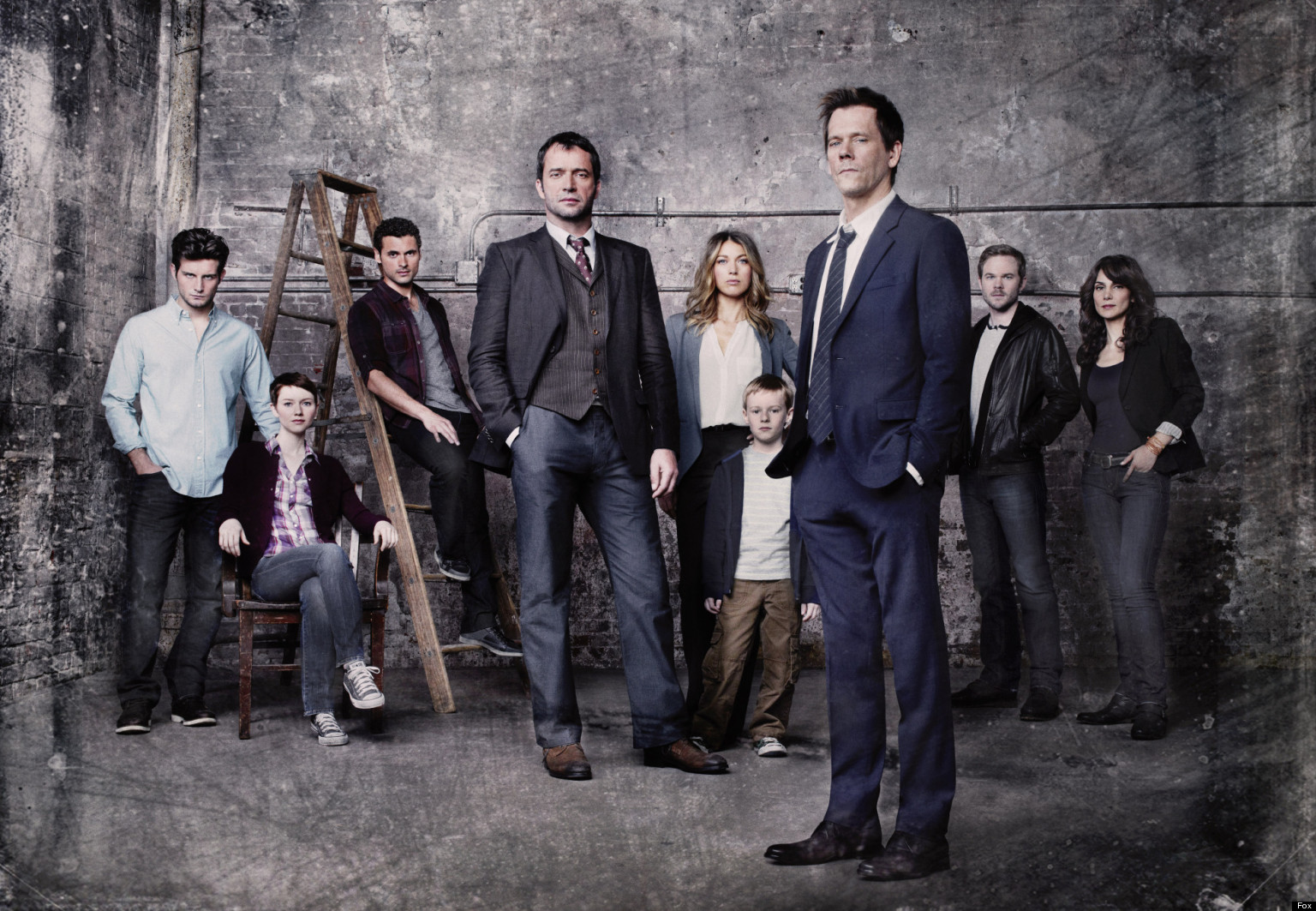In the current socio-political climate we live in, being a woman has become a political act. The very notion of embracing and celebrating the experience of womanhood is now considered by a loud and vicious demographic a slap to the face of manhood, an act of rebellion that forces others to witness and accept something they should not be forced nor need to ever witness, accept or understand.
Recent years have made it clear that, in the geek community, female narratives are not always welcomed with open arms, even though a great percentage of that community is made up of women. The community is mostly reticent to changes and inclusions of this kind, with the notable exception of young and attractive women as secondary characters whose role is to offer some sort of emotional support for the male hero, usually of the romantic variety.
Since it’s revival in 2005, Doctor Who had been seemingly glued to this unspoken rule. With each regeneration, we’d get a charmingly eccentric white male whose intelligence and capacity for heroics seemed boundless. He would almost exclusively be accompanied by a young and attractive woman who, while generically capable and sassy, depended on the Doctor’s protection and whose importance dwelled on the emotional support she provided him.
On July 14, 2017, this tired dynamic was upended when it was revealed that the Thirteenth Doctor would be played by a woman, Jodie Whittaker, for the very first time.
While the change saw overwhelming support, the wave of unbridled hate and vitriolic criticism cannot – and should not – be ignored. Showrunner Steven Moffat opted to dismiss the criticisms entirely by initially denying their existence. By doing this, he engaged once more in the practice he’s been accused of for years of ignoring what doesn’t affect him or his identity directly. He shrugged away what was to him merely a challenge to his creativity, but women do not have the luxury of shrugging away what amounts to challenges to the validity and value of their identities and existences. Criticisms to the casting of a woman to play the Doctor should be acknowledged and addressed because they are all wrong.
Of course, misogyny is almost exclusively nonsensical and always wrong. However, the critics of the female Doctor are convinced they have valid arguments. The foundation for their hatred lies on the childish perception that a female Doctor would not belong to them in the same way a male Doctor did. A female character in a leading position in a show known for relegating them to pretty companions challenges their entitlement to these female characters as support and decoration. Mostly, it is their perception that the Doctor and the essence of his might through his manhood are being taken from them by making what is literally a genderless, constantly evolving, immortal, non-human alien entity a female for once.
The community that has rallied against this change, which is almost entirely comprised of men, feels threatened by a female Doctor because they grew up in a culture that caters to them. Their identity has been pampered and groomed by a culture that has accommodated and validated their existences by having them associate the importance of their manhood with a plethora of strong, perfect male figure on the screen who are followed by beautiful girls they must rescue. They see any change in that formula as an insult to them and their identities as males.
This reality is especially ironic because most of the criticisms aimed at the female Doctor is that it is “catering to the special snowflake SJWs” and being “politically correct.” This “special snowflake SJW” community, which they believe consists of everything not male, white and heterosexual, has grown up having to find heroes and role models in characters that do not look like them or represent them. They have not been coddled with validation through the racial and sexual likeness that white, straight men can find everywhere.
By openly and publicly railing against a female Doctor, this community is saying that they are incapable of relating to, admiring, respecting and understanding a character who is not literally like them. They are incapable of doing once what millions of others have had to do throughout their entire lives, because they genuinely believe their experience as white men is universal and should be the standard. In fact, Peter Davidson, who portrayed the Fifth Doctor in the early 1980’s, publicly bemoaned the loss of a role model for little boys with Whittaker’s casting. The absurdity of this is double edged because, not only can little boys find an overwhelming amount of role models who look like them everywhere they look, what this statement implies is that little boys are and should be incapable of looking up to a female as a role model. While Davidson is the only Doctor so far to react negatively to the change, this goes to show that even someone responsible for one of the Doctor’s incarnations seems incapable of understanding the very nature of the character, which aligns perfectly with the idea of a female Doctor.
This change was also labeled a “politically correct” move, the new go-to condemnation of essentially everything that is not centered on a white, straight man. This baffling insult is born out of the genuine belief that caring about and being interested in the inclusion of the myriad of experiences and perspectives found in other genders, sexual orientations, ethnicities, races and diverse social backgrounds somehow makes you intellectually and morally weak. They see this exercise in inclusion as an affront to their own racial and sexual importance, and, ironically, an exclusion of their own narrative. Somehow, wanting to see the experience of a female Doctor unfurl within the storyline after 50 years of white male experiences is an excessive, indefensible invasion that excludes them from what they perceive as their territory.
In the end, they can accuse the reasons behind the change of whatever they please, but having a female Doctor is the right choice and the best creative move Doctor Who has made in years. After 50 years, Doctor Who was running out of steam, the Doctor becoming a stagnant caricature of itself, because regardless of the everchanging nature of his appearance, his plight was always the same as a straight white man. It’s an undeniable truth that experience is enriched, affected and diversified by sex, gender and race. With a female Doctor, we are gaining a brand-new experience to explore, a new fascinating perspective through which to see the expansive world of this show, and a new sensitivity with which to approach the problems our heroine will face.
Separated from politics and the social impact it had, this move is a brilliant idea in a show that had become stuck on a single perspective for decades as the characters set out to, ironically, explore the diversity of life across time and space while defending justice and equality. In fact, the idea of a female Doctor goes perfectly in hand with the very nature of the show, finally striking out the absurdity of having the opportunity to constantly change the main character and still limiting it to straight white males.
Not only has the existence of female Time Lords been ascertained several times, the possibility of changing from male to female in regeneration had been addressed and confirmed a plethora of times throughout the show. In fact, most recently, the Master, the Doctor’s nemesis, saw a female incarnation that rescued the character from the cartoonish rut it had been stuck in for years. Moreover, it’s never even been remotely implied on the show that the Doctor needs to remain a man for any reason whatsoever.
There is not a single concrete and objective argument to oppose a female Doctor. A female Doctor is sustained by the lore of the show, supported by strategic writing and the current needs of the show, and most importantly, strengthened by how much it is needed in the current socio-political climate. Not one of the arguments presented by the opposition can be successfully defended because they are not the real reasons this change is being criticized.
These arguments are smokescreens and misdirection meant to deflect from the actual reason behind the opposition: good old-fashioned misogyny. I’m sure many out there can come up with some semblance of reasonability for opposing the female Doctor, but the roots of that argument will almost always be planted on the soils of subjectivity and sexism. It’s perfectly valid to be of the opinion that the Doctor is the type of character that should remain male because that’s how you personally prefer it, be it for continuity, tradition or whatever other argument has been used to oppose change in any form. However, they should not pretend this is an objective assessment based on anything other than subjective preferences and more than its fair share of internalized misogyny.
Right now, it appears the future of time and space is female, and as the Twelfth Doctor said himself, we can only hope it is.





